According to US lawmakers, Saudi Crown Prince Mohammed bin Salman “ordered, monitored” the killing of Khashoggi at the Kingdom’s consulate in Istanbul in October last year. The US resident was reportedly then cut up with a bone saw. His body has yet to be found.
In November, Saudi prosecutors said they would seek the death penalty for five people allegedly involved in Khashoggi’s murder. Riyadh has claimed the killing was organized by rogue elements within the regime, and not overseen by the Crown Prince.
“Patriot Act” host Hasan Minhaj mocked that account in an episode of his Netflix show, saying the “Saudis were struggling to explain his disappearance: They said he left the consulate safely, then they used a body double to make it seem like he was alive.”
“At one point they were saying he died in a fist fight, Jackie Chan-style. They went through so many explanations. The only one they didn’t say was that Khashoggi died in a free solo rock-climbing accident,” he added.
That episode of “Patriot Act” is no longer available inside Saudi Arabia. It remains accessible in all other regions.
“We strongly support artistic freedom worldwide and only removed this episode in Saudi Arabia after we had received a valid legal request — and to comply with local law,” the company said in an official statement.
Netflix added that Saudi officials threatened it with prosecution under the Kingdom’s cybercrime law, which states “production, preparation, transmission, or storage of material impinging on public order, religious values, public morals, and privacy, through the information network or computers” is a crime punishable by up to five years in prison and a fine not exceeding $800,000.
A representative from Netflix told CNN that the episode had been available in the Kingdom since it aired in October. It was only taken down once the complaint from Saudi officials had been made and the streaming service’s lawyers had adjudged it to have contravened local law, the spokesperson said.
The representative added that the request to take it down had been limited to removal from Netflix’s site; it is still available globally on the show’s official YouTube channel.
‘Quite outrageous’
Human Rights Watch executive director Sarah Leah Whitson denounced the move on Twitter, saying “Netflix’s claim to support artistic freedom means nothing if it bows to demands of government officials who believe in no freedom for their citizens — not artistic, not political, not comedic.”
Karen Attiah, who edited Khashoggi at the Washington Post, said Minhaj “has been a strong, honest and (funny) voice challenging Saudi Arabia (and) Mohammed bin Salman” in the wake of her colleague’s murder.
“Quite outrageous that Netflix has pulled one of his episodes critical of Saudi Arabia,” she added.
“When Jamal Khashoggi wrote about the need for free expression in the Arab world (and everywhere), that freedom is not just about journalists. It’s about freedom for artists, comedians, cartoonists, musicians, activists and anyone who wants to express their views on society.”
‘Repercussions’
Minhaj, who hosted the White House Correspondents Dinner in 2017, has yet to comment on the takedown, but in an article in the Atlantic in early December said he wrestled with the implications, as a Muslim, of commenting on the story.
“There was a lot of discussion in my family about not doing it,” he said. “I’ve just come to personal and spiritual terms with what the repercussions are.”
In the article he added that running the episode had instilled a sense of fear in him, which was exacerbated by the fact that he recently became a father.
In an interview with CNN’s Christiane Amanpour in November, shortly after the episode was released, Minhaj said that his comedy took the difficult decision to examine the murder, and to highlight the US’ relationship with the Middle Eastern powerhouse.
“Our relationship with Saudi Arabia — and I mean that both as an American and a Muslim — has always been extremely complicated. It’s unfortunate that the death of a journalist, this brutal murder of a journalist was the thing that brought (America’s relationship with Saudi Arabia) to the light,” he said. “Just so you know, we’ve had this complicated… we’ve been taking Saudi Arabia to ‘sword prom’ since FDR.”
Media lockdown
Ranked 169th out of 180 nations in the world for press freedom, media watch group Reporters Without Borders says Saudi Arabia “permits no independent media and tolerates no independent political parties, unions, or human rights groups. The level of self-censorship is extremely high.”
In 2015 it reported that one “method used by the government is to counterattack or sanction in response to damaging media reports.”
It cites the case of the Financial Times, which “had to withdraw its correspondent and close its Riyadh bureau for publishing ‘lies’ about Saudi Arabia.
“The Saudi authorities even considered legal proceedings if the newspaper did not issue an apology and undertake to cover Saudi Arabia in ‘neutral’ and ‘objective’ manner.”



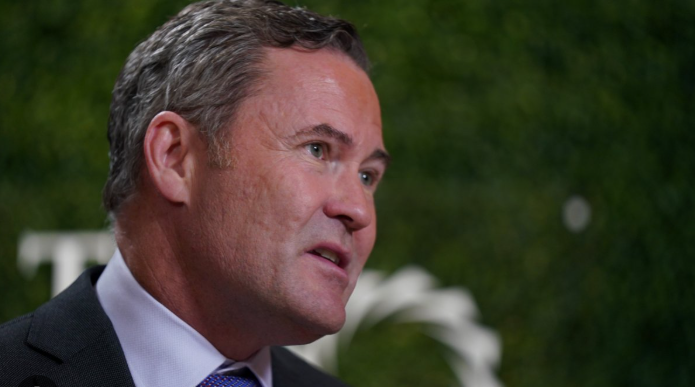
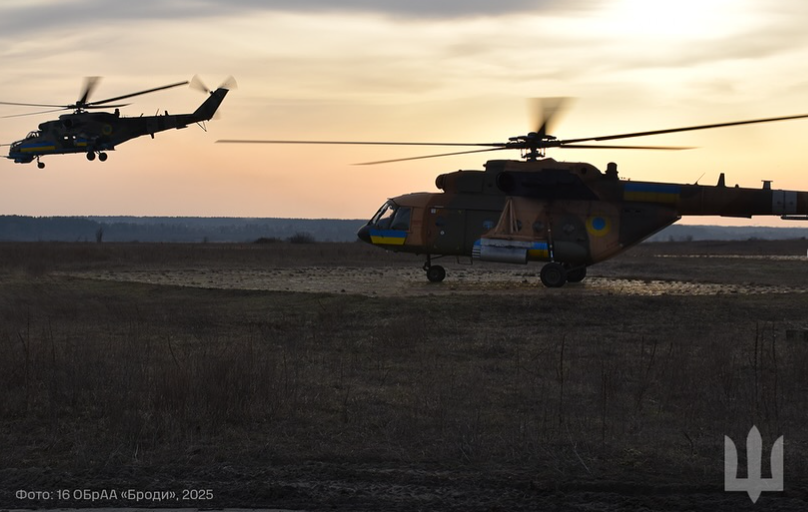
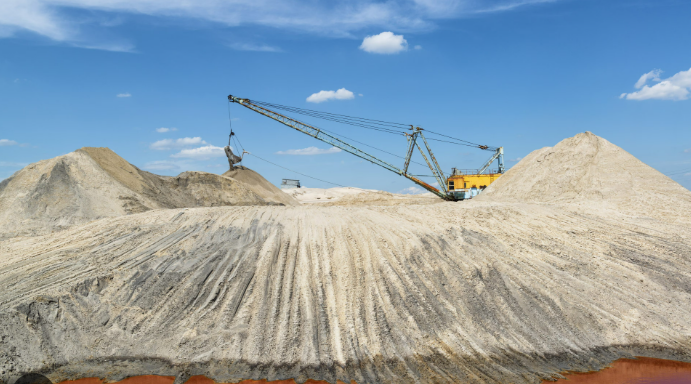
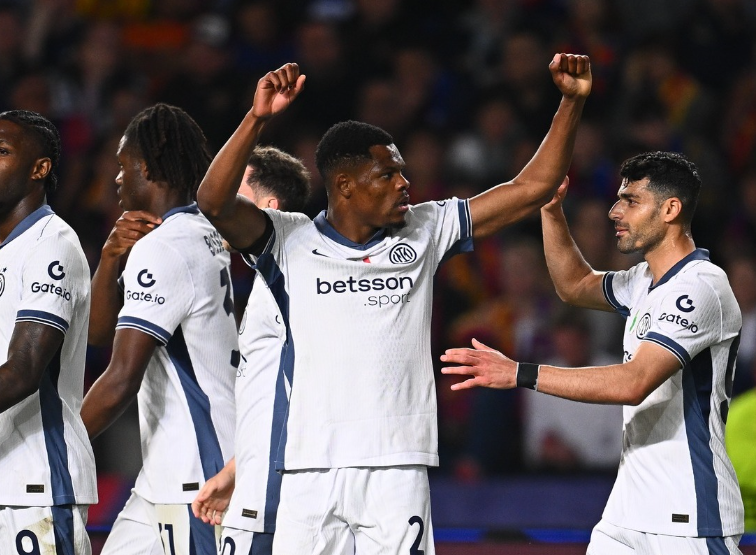
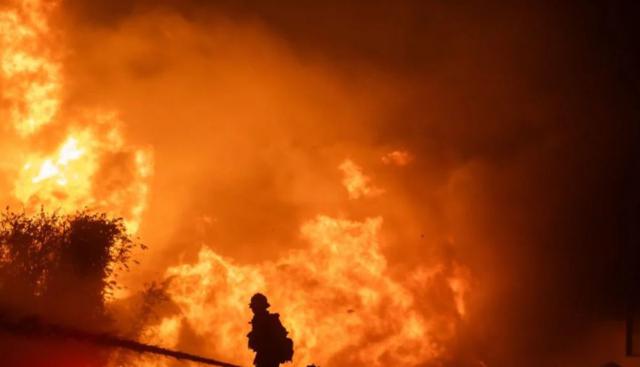
Leave a Reply